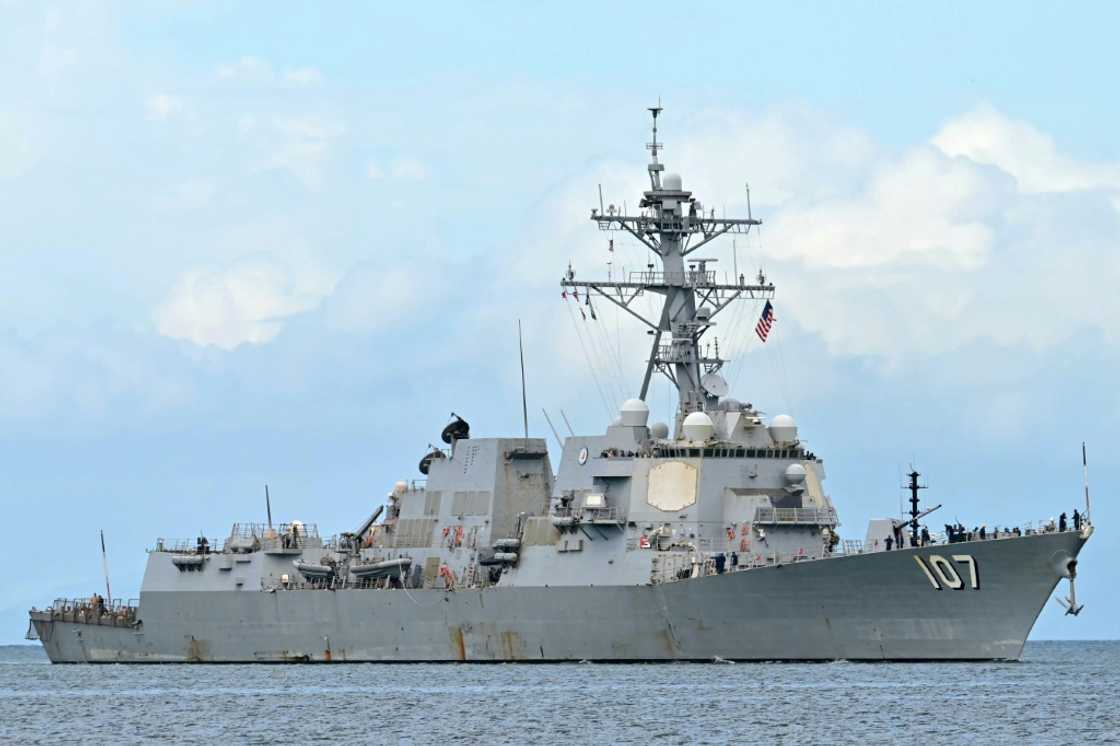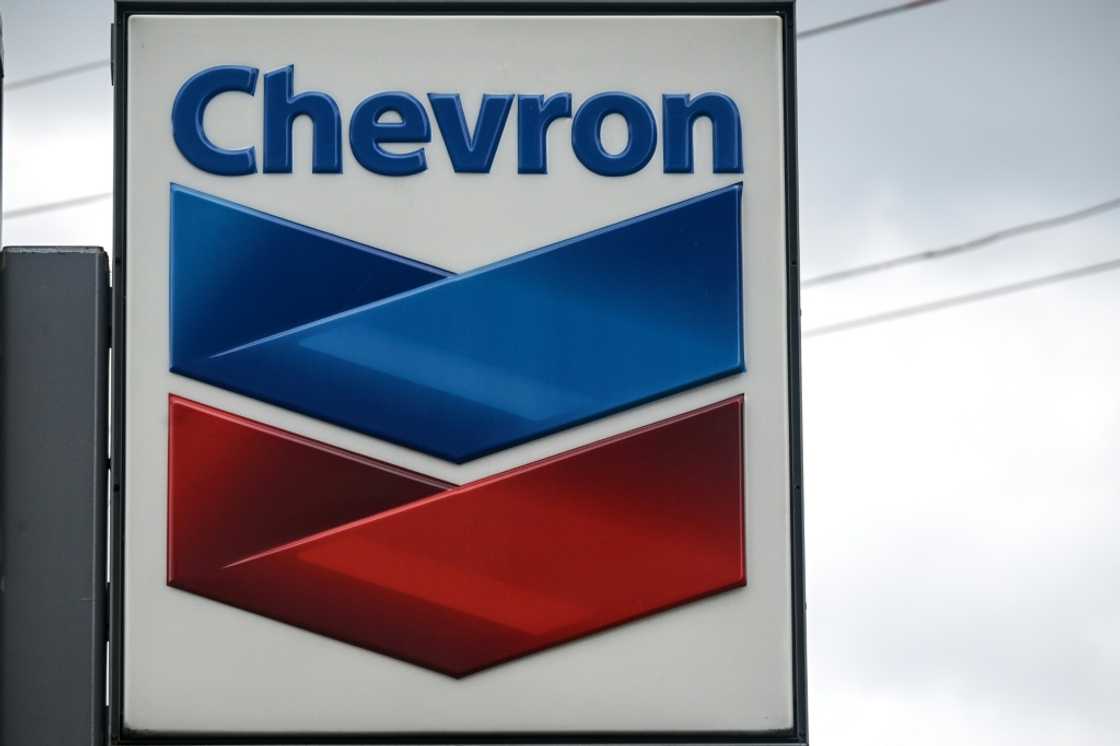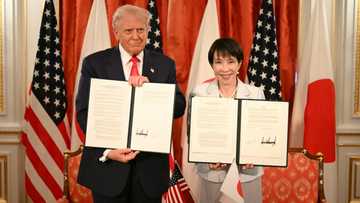As US blows up drug boats, Venezuelan oil sets sail

Source: AFP
While the American military blows up boats it claims are transporting drugs from Venezuela, observers say tankers shipping Venezuelan oil in violation of a US embargo continue to navigate the very same Caribbean waters undisturbed.
Venezuelan President Nicolas Maduro has claimed a massive US military deployment within striking distance of his country was part of a plan to overthrow him and "steal" his country's oil under the ruse of an anti-drug operation.
Has the perceived US military threat affected crude exports from Venezuela, the country with more of the "black gold" than any other?
Business as usual
Apart from ships used by US energy giant Chevron -- which has a temporary license to extract Venezuelan oil -- experts say the Caribbean also plays host to so-called "shadow tankers," which transport sanctioned or illicit oil.
"The shadow tankers circulate without problem. Just like before the American deployment. The Americans cannot not see them. They allow them to circulate," an expert in the sector told AFP on condition of anonymity.
Elias Ferrer, founder of the Venezuela-based Orinoco Research group, added "the shadow tankers, sanctioned ships, continue to come and go" as before -- feeding a voracious market -- mainly in China.
Ferrer believes the United States likely does not want to interfere with these ships "as this would be equivalent to a declaration of war" in a time of strained ties with potentially formidable military foes such as China.
US strikes on alleged drug-carrying boats in the Caribbean and eastern Pacific -- in violation of international law according to human rights experts -- have so far claimed at least 57 lives.
Production up
Hastened by a crushing US embargo on crude exports in response to Maduro's disputed 2018 reelection, production in the country plummeted from three million barrels per day (bpd) in the early 2000s to below 400,000 bpd by 2020.

Source: AFP
Then-president Joe Biden eased sanctions in 2022 as the world faced an energy crisis sparked by Russia's invasion of Ukraine. But he reinstated them after Maduro was widely accused of stealing his second re-election in a row, in 2024.
Chevron was allowed to continue extraction, but in May of this year, Trump ordered the company and others to wind up operations in Venezuela.
Then in July, Maduro announced the US had agreed to allow Chevron to continue operating for an unspecified period. This came within weeks of a diplomatic agreement involving a US-Venezuela prisoner exchange.
Chevron produces between a quarter and a third of Venezuelan oil and was long the country's main source of foreign currency, though since July, it is only allowed to pay Venezuela in crude -- which Caracas then sells on.
Venezuelan oil production has inched back up over the past year, and today stands at about a million bpd -- just over one percent of the global total.
Vice President and hydrocarbons minister Delcy Rodriguez has hailed growth of 16 percent in Venezuelan oil sector activity this year.
Bargain price
Since Trump threatened an export tariff of 25 percent on any country buying Venezuelan oil, the country has had to slash its black market prices: by as much as 20 percent, according to Tamara Herrera of the Sintesis Financiera consulting firm.
After teething problems in the beginning, she said Caracas soon found willing black market buyers and oil is now "moving quickly."
"It's sold at unfavorable prices, but just one month of Chevron's activity being suspended, China quickly filled the gap," said Herrera.
Analysts are unsure what the future holds.
Will Trump invade Venezuela and oust its president? Will an under-pressure Maduro appease Trump by breaking ties with US rival China and agree to take more undocumented migrants from the United States? Will Maduro be convinced to step down quietly?
Whatever happens, Ferrer said it was "entirely feasible" Washington would continue to give sanctions exemptions to US oil companies operating in Venezuela. And turning a blind eye to oil ships.
Source: AFP





